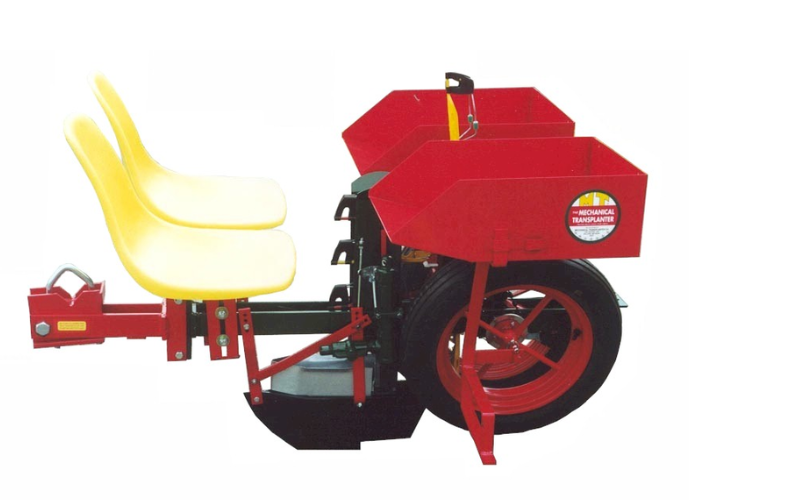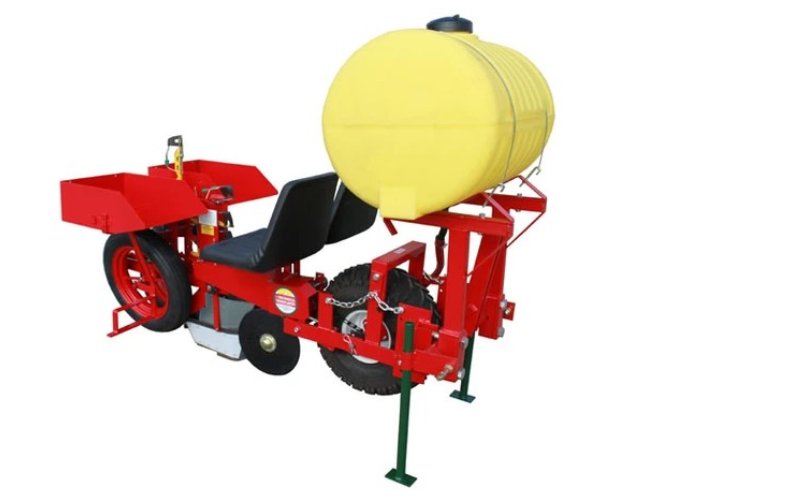Elite Metal Tools Articles
Industry news, tips, and updates on all things Elite Metal Tools
Why You Should Use a Mechanical Transplanter: A Game-Changer for Farmers
Enhanced Planting Efficiency
The most immediate benefit of using a mechanical transplanter is the significant increase in planting efficiency. Traditional hand-planting methods are labor-intensive and time-consuming. Mechanical transplanters, on the other hand, can plant rows of seedlings quickly and with consistent spacing. This speed and efficiency translate into more acres planted per day, enabling you to make the most of your planting window.
Reduced Labor Costs
Labor costs constitute a significant portion of farm expenses. The mechanical transplanter reduces the need for manual labor, allowing you to reallocate your workforce to other critical tasks on the farm. In times when labor availability is unpredictable, having a mechanical transplanter ensures that your planting operations can proceed without delay.
Improved Plant Health and Yield
Mechanical transplanters are designed to plant seedlings at a consistent depth and spacing, which promotes uniform growth. The gentle handling of seedlings minimizes transplant shock, leading to healthier plants that can better resist pests and diseases. Over time, this can result in improved crop yields and quality, contributing to higher profitability.
Water and Resource Efficiency
Proper seedling spacing achieved by mechanical transplanters optimizes water and nutrient use, reducing wastage. This precision ensures that each plant receives the resources it needs to thrive, supporting sustainable farming practices. Moreover, efficient planting reduces the need for corrective actions later in the growing season, saving both time and resources.
Adaptability and Versatility
Today's mechanical transplanters are designed to be versatile, accommodating a wide range of crop types and sizes. Whether you're planting vegetables, flowers, or tobacco, there’s a mechanical transplanter model suited to your needs. This adaptability makes it a valuable tool for farms of all sizes and types, ensuring a good return on investment.
Competitive Advantage
Incorporating mechanical transplanters into your operations can provide a competitive edge in the market. The ability to plant more efficiently and sustainably can open up new market opportunities, particularly with consumers and retailers who prioritize environmentally friendly and efficient farming practices.
Conclusion
The adoption of mechanical transplanters is more than just an upgrade to your farming equipment; it's an investment in the future of your farm. By enhancing efficiency, reducing labor costs, improving plant health, and supporting sustainable practices, mechanical transplanters offer a compelling value proposition. As the agricultural industry continues to evolve, staying ahead of the curve with innovative solutions like mechanical transplanters can ensure your farm remains productive, profitable, and sustainable for years to come.

